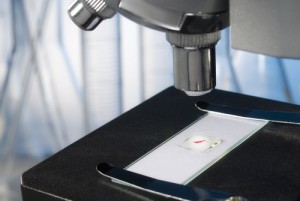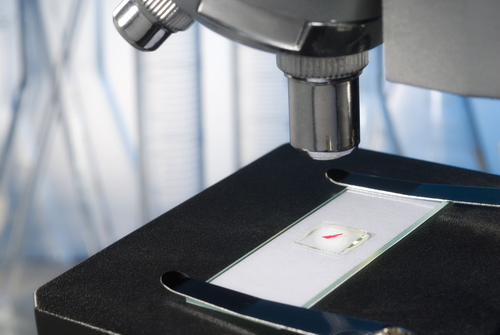 Two studies entitled “Efficacy of intralesional rose bengal in patients receiving injection in all existing melanoma in phase II study PV-10-MM-02” and “Assessment of immune and clinical efficacy after intralesional PV-10 in injected and uninjected metastatic melanoma lesions”, presented at this year’s American Society of Clinical Oncology (ASCO) meeting, reported that 50% of patients suffering from locally advanced cutaneous melanoma who had all their lesions injected with the investigational agent PV-10, achieved a complete response.
Two studies entitled “Efficacy of intralesional rose bengal in patients receiving injection in all existing melanoma in phase II study PV-10-MM-02” and “Assessment of immune and clinical efficacy after intralesional PV-10 in injected and uninjected metastatic melanoma lesions”, presented at this year’s American Society of Clinical Oncology (ASCO) meeting, reported that 50% of patients suffering from locally advanced cutaneous melanoma who had all their lesions injected with the investigational agent PV-10, achieved a complete response.
PV-10 is a 10 % solution of Rose Bengal, a stain commonly used to distinguish between healthy and necrotic tissue in the cornea, which has been designed by Provectus Pharmaceuticals for injection into solid tumors such as melanoma, breast and liver cancers, this way reducing the potential for systemic side effects. This drug received orphan drug designations from the U.S. Food and Drug Administration (FDA) for its melanoma and hepatocellular carcinoma indications.
One of the studies was presented by Sanjiv S. Agarwala from St Luke’s Hospital and Health Network, Bethlehem, Pennsylvania, and reported an open label phase 2 clinical trial that enrolled 80 patients with locally advanced cutaneous disease refractory to a median of six previous interventions. Subjects received up to four treatment cycles of intralesional PV-10 injections.
The results from the study showed that patients who received the experimental treatment had an overall response rate of 71%, with 50% achieving a complete response. Additionally, 121 lesions required a single injection for complete response, 84 required two injections, 22 required three injections and five required four injections.
“These sub-group analyses show that response to PV-10 is maximized when all lesions get treated. The level of response observed in this heavily pre treated or refractory patient population with locally advanced cutaneous melanoma is noteworthy since, unlike those with more advanced disease, these patients have limited treatment options now or on the horizon,” Eric Wachter, Chief Technology Officer at Provectus, and co-developer of PV-10 said in a Pharmiweb interview.
The second study, presented by Amod Sarnaik and colleagues, from Moffitt Cancer Center Tampa, Florida, showed that after IL PV-10 injections, post treatment biopsies of both PV-10-injected and uninjected study lesions led to pathologic complete response in four of the eight patients, with all patients demonstrating at least partial regression of injected lesions.
Furthermore, a significant increase in peripheral blood T cells was observed after PV-10 injection.
“This data provides more and more evidence that you are altering both local and systemic immunity in a positive way. It also provides a rationale for combination trials of PV-10 with check point protein inhibitors, such as ipilimumab, pembrolizumab and nivolumab. PV-10 might offer the perfect way to prime the immune system” study senior author Jeffrey Weber, from Moffitt Cancer Center added in the same interview.
Provectus has already announced that a phase 3 trial of PV-10 with the aim to gather data for a new drug application will start until the end of 2014, hopefully leading to a new and improved treatment for melanoma patients.


